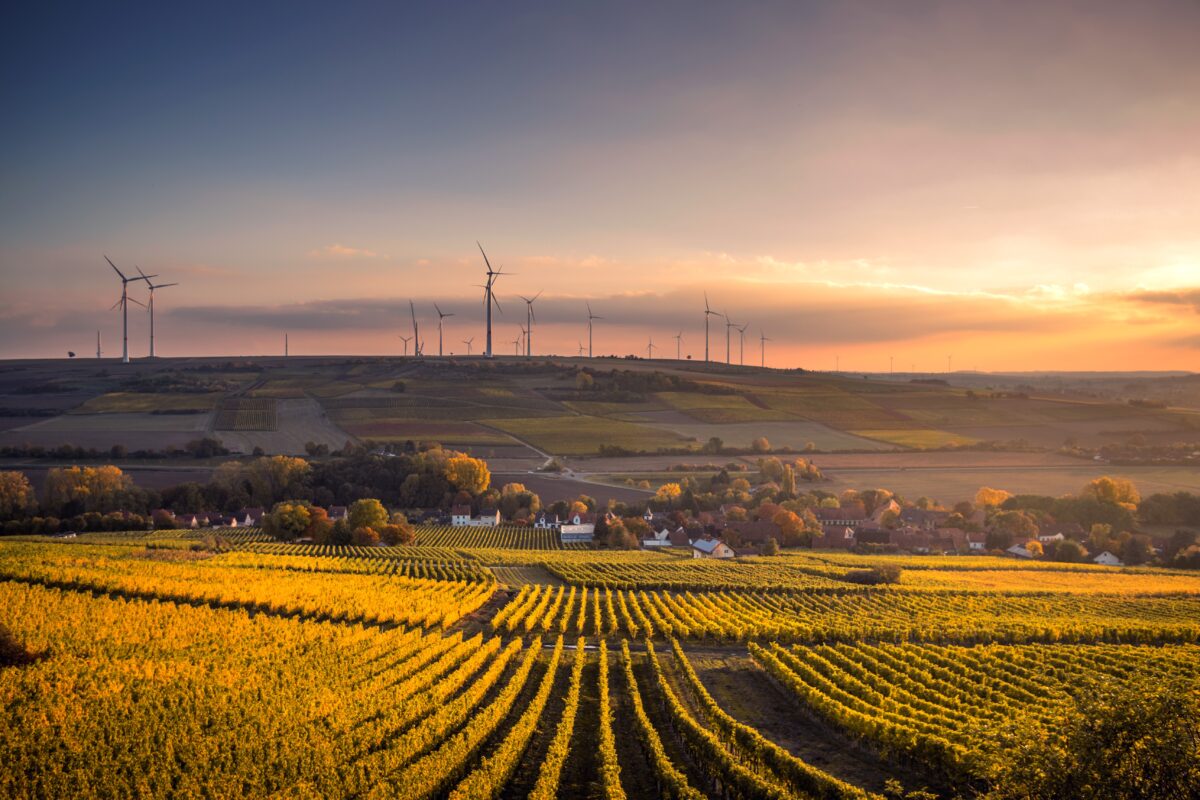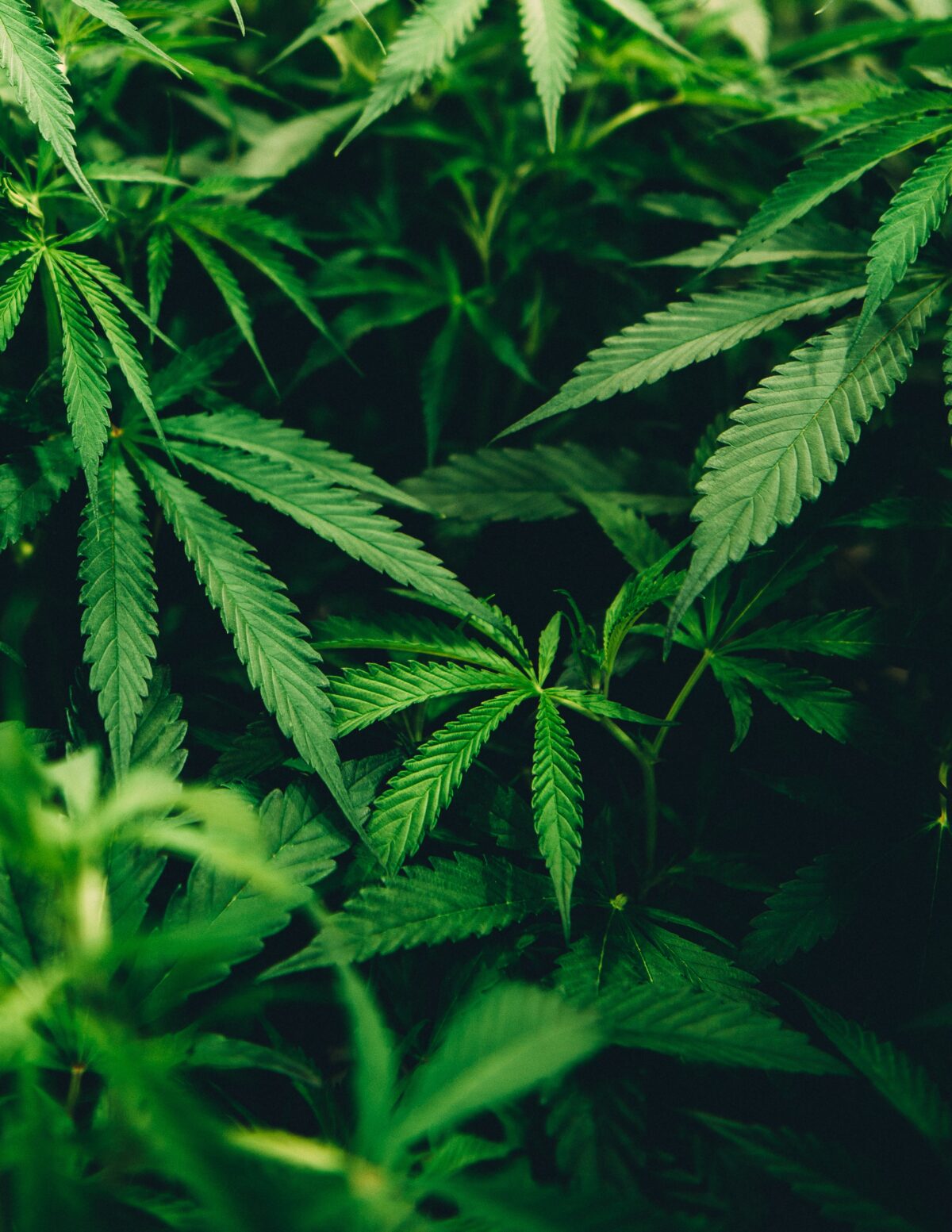As hemp-based products become increasingly popular, many companies are now making sustainability claims. But what does it mean for a hemp company to truly be sustainable? To understand this, we must consider the entire production process from seed to sale.
Seed Selection and Growth Processes
In order for a hemp company to be considered sustainable, they must select their seeds carefully. For example, if they use GMO seeds, they are not only destroying the genetic integrity of their crop but also compromising its nutritional value. So instead of using genetically modified seeds, look for companies that source organic or heirloom varieties as these are grown without the use of synthetic fertilizers and other toxic substances. Additionally, companies should commit to using sustainable farming practices that protect the soil and promote biodiversity. This includes using natural pest control methods such as crop rotation and companion planting rather than relying on toxic pesticides which can harm both people and the environment. At Dr. Milo, we have our product triple lab tested.
Processing Practices
The way in which hemp is processed is another key factor in determining whether a hemp company is truly sustainable. Companies should avoid any processes that involve harsh chemicals or solvents as these can contaminate their products with harmful toxins. Instead, look for companies that use gentle processing techniques such as cold pressing or steam distillation which preserve vital nutrients while maintaining product purity. Additionally, many companies now use CO2 extraction which allows them to extract cannabinoids without using any solvents at all! Here is our lovely hemp company: onda wellness hemp
Packaging Considerations
Finally, packaging is an often-overlooked aspect of sustainability when it comes to hemp-based products. Companies should strive to use packaging materials that are 100% recyclable or compostable so that customers can easily dispose of them responsibly when they’re done with them. At Dr. Milo, we use this wonderful company called eco-enclose. Additionally, packaging should never contain any plastics or other non-biodegradable materials as these will just end up polluting our waterways and landfills eventually if not disposed of properly.
When it comes to choosing a truly sustainable hemp company, there are several factors to consider from seed selection and growth processes through processing practices and packaging considerations. By taking all these elements into account, you can make an informed decision about which company best aligns with your values when it comes to sustainability. Doing so will ensure that you get the highest quality product while supporting a business that takes its environmental responsibilities seriously.





